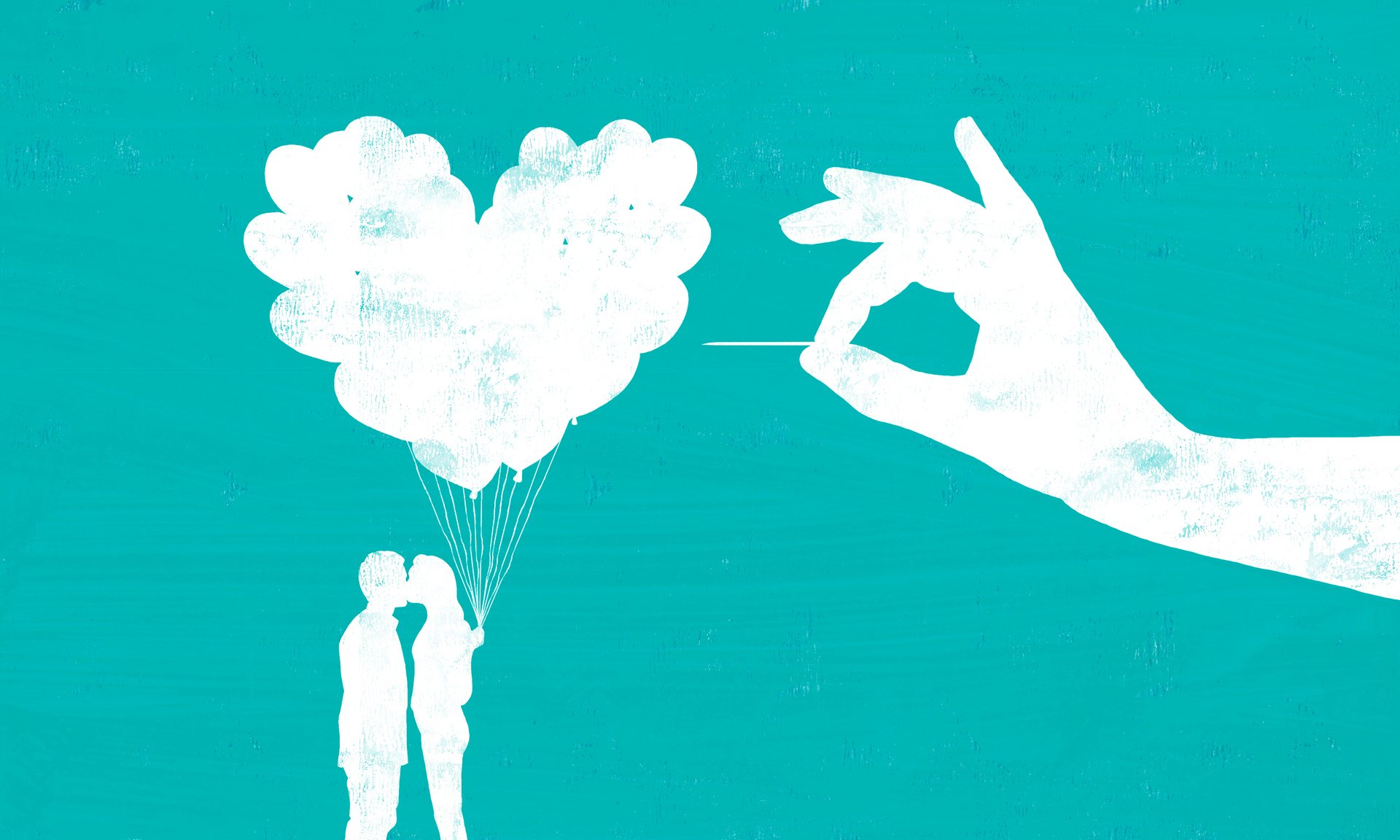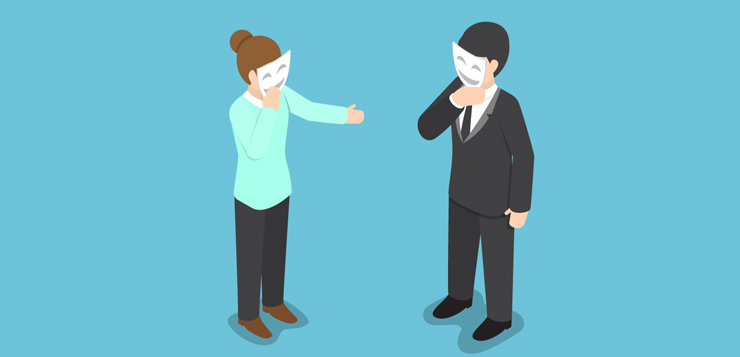
It has been described as one of the most contentious, tawdry and angry presidential elections in history. And it’s taking a toll on our mental health.
“I’ve been in private practice for 30 years, and I have never seen patients have such strong reactions to an election,” said Sue Elias, a licensed clinical social worker in Manhattan.
The American Psychological Association says that 52 percent of American adults are coping with high levels of stress brought on by the election, according to national Harris Poll survey data released last week. Therapists around the country said in interviews that patients are coming to appointments citing their fears, anger and anxiety about the election. To read more from LESLEY ALDERMAN, click here.









